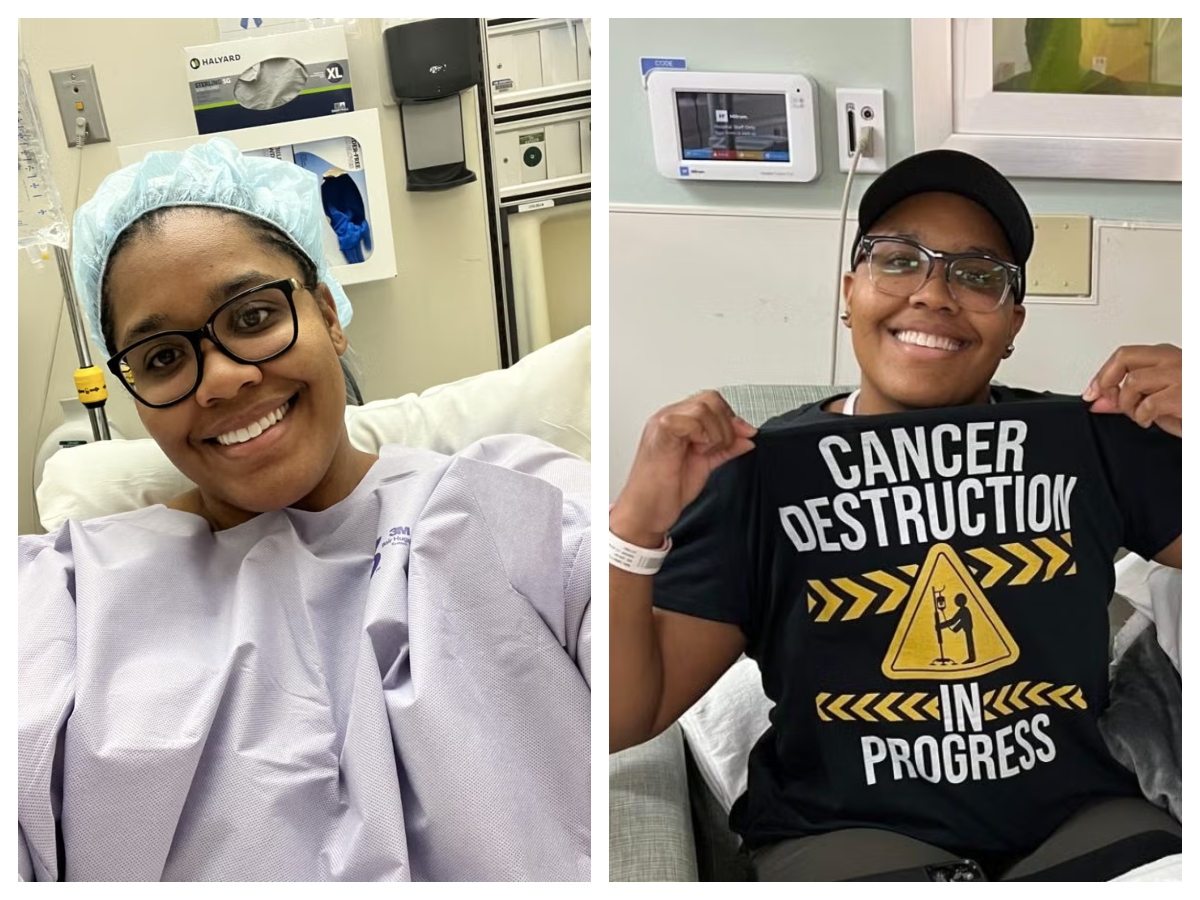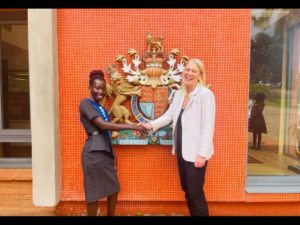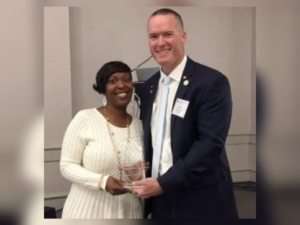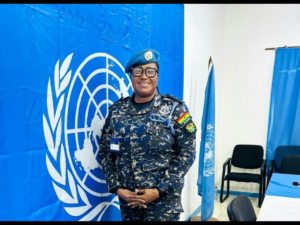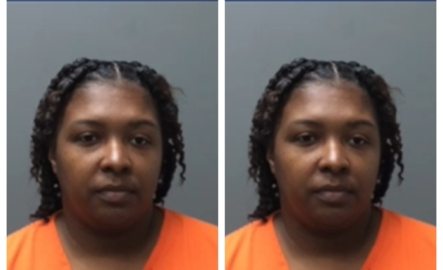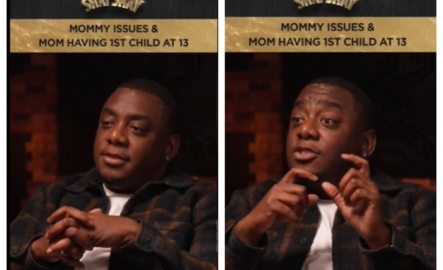At just 26, LaShae D. Rolle, MDH, CPH, received the shocking, life-altering diagnosis of HR+, HER2-, node-positive early breast cancer in October 2023. This diagnosis came with a high probability of recurrence, and ironically, she was pursuing her PhD in cancer prevention.
In October 2022, she discovered a small lump and sought medical attention. Despite her concerns, she was reassured that everything appeared normal and no further investigation was necessary. Due to her age, a malignant tumor was considered highly improbable, as breast cancer screenings typically begin around age 40. A woman who is 30 years old or younger has less than a 1% chance of being diagnosed with breast cancer, according to the National Cancer Institute.
“In year two, when I was about to start the spring semester, I felt that same area. So, I went to the student center, asked about it, and they still thought it was nothing. But the doctor said, ‘Let me go ahead and send you for a mammogram anyway.’ And so, when I got that done, they found out it was cancer.”
“I never had any major side effects, just that lump. It was difficult even for me to go ahead and get the mammogram and ultrasound, because when I called, they said, ‘You don’t really need to do a mammogram and ultrasound. You’re too young to get breast cancer.’ I said, ‘Well, still sign me up for that ultrasound,’” Rolle told Essence.
READ ALSO: Mom receives master’s degree while battling stage 4 breast cancer
Her persistence in getting the lump checked saved her life. The day Rolle received the diagnosis, it began with a phone call.
“They said I had invasive ductal carcinoma, and they were going to set up an appointment for surgery. But before that, when I went to do the ultrasound and mammogram, they initially said, ‘We’re not going to do a mammogram today because you don’t need a mammogram. We’re just going to do the ultrasound. It should take 10 to 15 minutes.’”
She continued, “So, I’m back there, having a good time, and getting a little coffee. And then your girl puts the ultrasound on, and she asks, ‘How long have you had these masses? Oh man, I’ve got to go find somebody to help me with this. I’ve never had to do a 360 before.’ So then I’m in there for an hour. That’s when I had to do a mammogram. So, I did the mammogram, and they told me I need to do a biopsy very soon. I do that, and in my chart, it says BI-RADS 5, and with my background of research, I know that BI-RADS 5 means you have a 95 to 100 percent chance of breast cancer.”
Rolle was diagnosed with multicentric breast cancer in all four quadrants, so she had a full mastectomy. After surgery, the cancer spread to her lymph nodes, leading to chemotherapy and radiation, and now, she is on hormonal therapy.
She currently focuses on early breast cancer awareness, detection, and prioritizing strength for a fulfilling life.
She added, “Let me tell you, I’ve made sure I advocate 24/7 because if someone tells me, ‘Oh, this is rare! This might not happen,’ I don’t even listen to you. I’m going to go with whatever I think is right because right after my mastectomy, I had a blood clot in my lung. I went to the ER, and the doctor was like, ‘This is not a surgery where you can get blood clots. So we don’t need to do a CT scan.’ I said, ‘No, let’s do that CT because I learned my lesson from before, and a blood clot in your lung could be life-threatening.’ So when it comes to my health, I’m not even messing with it. I talk to my doctors, advocate for myself, and make sure that I’m okay with the plan. Just because somebody says something is rare doesn’t mean it’s impossible.”
Rolle, however, learned the hard way through her breast cancer treatment: always listen to your body.
“Number one, I learned you need to get to know your body and know what your normal is so that you can act on it. Number two, I learned that you have to really just advocate for yourself. Nobody’s going to care about you more than yourself.”
READ ALSO: Tina Knowles Beats Breast Cancer; Finalizes Divorce From Richard Lawson
“What happened to me is rare. But that doesn’t mean there’s a 100% chance it can’t happen to you,” she said. “So I think people should be very aware of this and their bodies. Not just because of cancer, but anything could be wrong with your body. So always be aware of what is ‘your normal’ and then work with that. If something feels off, see a doctor, and don’t feel discouraged. I know that there are a lot of constraints and things that are stopping people. If you are insured, please go ahead and use that insurance. If you are not insured, try to find a free clinic and advocate to get some care.”
An elite athlete, she also shared her hope that cancer survivors and patients know right out the gate that they can exercise before, during, and after treatment, which can be a part of their regimen.
“The number one thing to know is that you’re strong after cancer, no matter what. The fact that you went through it, you’re here today, you’re living, you can breathe. You are stronger after cancer.”
She advised other women, saying, “If I had been tested at the recommended time, I wouldn’t have been tested because I would have been dead. Straight up. So, I think you should do what’s best for you in any situation. If you get your cancer detected earlier in life, then you have a better chance of beating it, because if you look at early breast cancer, the rates for five-year survival are in the 90 percentile. But then, when you move into stage four, the rate drops dramatically to less than 50%.”
“So, you really want to try to catch it early and get some treatment, because the treatments are much better nowadays. Just listen to your body, get to know yourself, talk to your doctor, and don’t worry about what others say you don’t need. It’s better to ‘waste people’s time’ than regret it later.”

